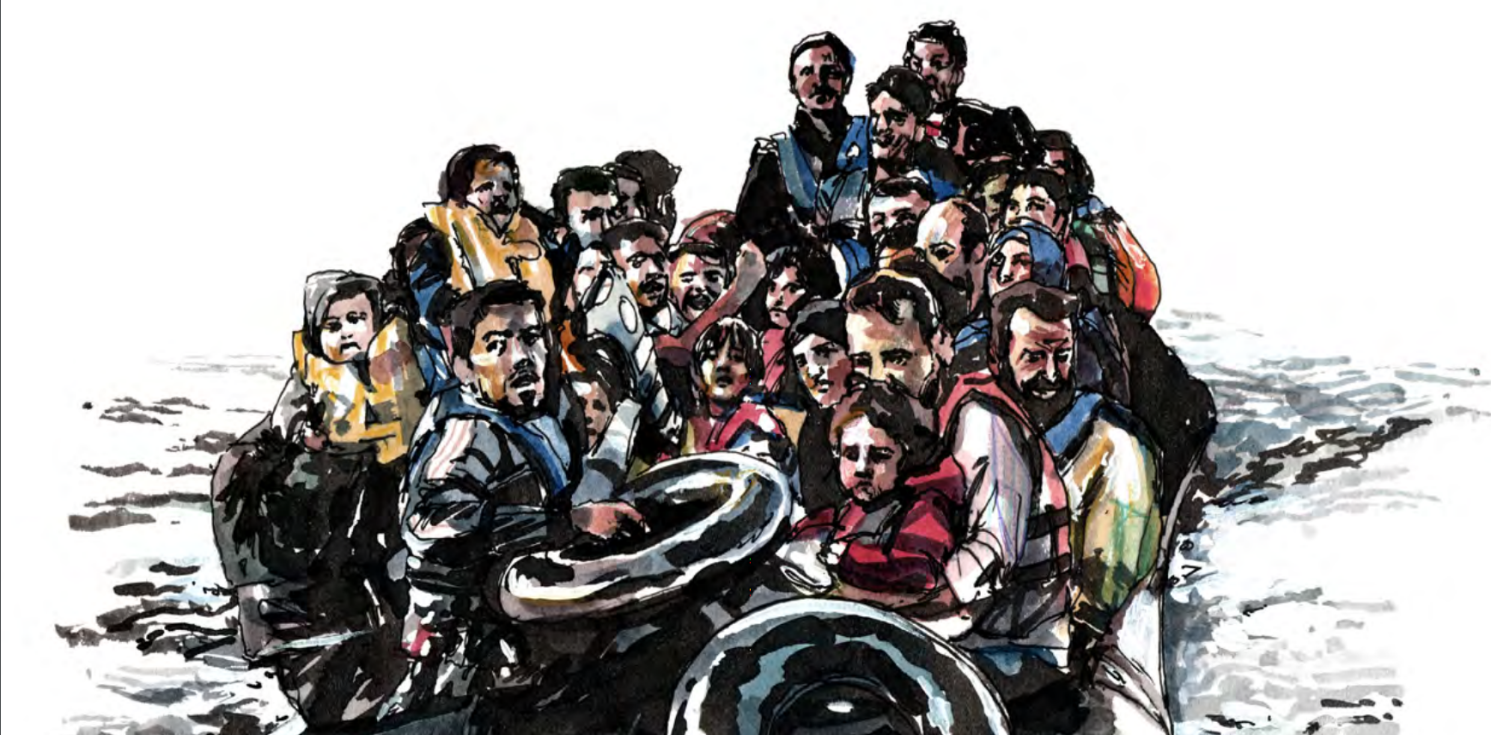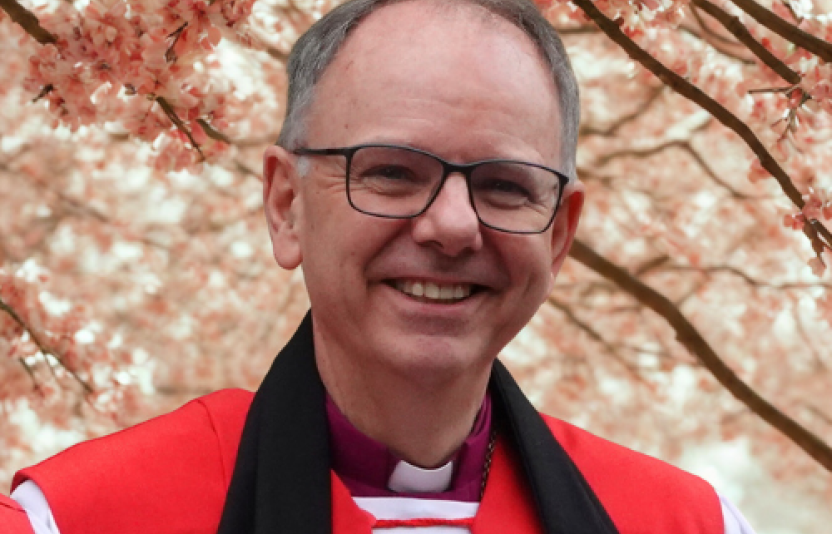Exploring Brexit Through The Lens of Ruth

It is 3 years since the UK referendum on EU exit was held on 23 June 2016. Corymeela, Northern Ireland’s oldest peace and reconciliation organisation, has developed material based on the questions raised in the Book of Ruth to support discussions on Brexit among divided communities.
As the authors of the material state, “the Brexit referendum campaign in June 2016 and the subsequent triggering of Article 50 in March 2017 didn’t just set the agenda for the UK government for the foreseeable future. These momentous events have also exposed ruptures and fault lines in UK society and reignited tensions in relation to the border between Northern Ireland and the Republic of Ireland.”
Brexit conversations based on the Bible
The authors’ stated aim is to “seek to enter into the conversation, or the silence, in faith communities in relation to Brexit not to re-run the referendum or the debate but to ask ourselves what kind of a society do we aspire to in the future. We want to do so by providing conversation material based around the sacred text of our Christian communities because this seems the sensible thing to do when we acknowledge that among our communities there will be contrasting views. Putting our shared text at the centre enables us to navigate the complexity and the pain of the conversations we need to have.”
The selection of Ruth
Turning to the selection of Ruth and Brexit, the authors suggest the Book challenges us on the issues of/on:
- Welcoming the stranger;
- Redrawing our stereotypes through encounter with those who are ‘other;’
- Finding the gaps where compassion can thrive in the midst of technical debates about law and tradition;
- Carrying losses that cannot really be grieved;
- How to protect the rights of vulnerable minorities, particularly those who are politically and socially marginal to the mainstream, and also the responsibility towards the poor of those who are financially and socially secure;
- Those who are forced to migrate to another country because of poverty or famine; and
- Facing the question of what constitutes national identity and belonging to the tribe.
The study guide continues:
“There are many questions ahead for us in the light of the political choices made in 2016 which may take a generation to wash through. And when we are done these islands will be profoundly changed.”
Based on such study of Ruth, the authors suggest we will be led into complex discussions and debates about the issues at the core of the national debate about:
- The exact nature of national identity and who belongs;
- The rights of EU citizens in the UK and of UK citizens remaining in EU countries;
- Our commitments to human rights;
- Combating racism and xenophobia;
- Legislation to protect the environment and the future of our rural areas;
- Migration and immigration; and
- Inequality in wealth distribution.
The full resource is available at:
https://www.corrymeela.org/cmsfiles/resources/faith-and-life/Ruth/ruthforwebp.pdf
Corrymeela is keen to receive feedback on any discussions on Brexit drawing on this material. You will find a feedback form at the back of the guide.
At the same time, as we continue our work on managing the potential implications of Brexit for the Diocese in Europe, please do share anything you would like to contribute to feed in to the ongoing work of our Diocesan Brexit Working Group. You can send your views to damian.thwaites@europe.anglican.org
You can find out more about Corrymeela on their website:


